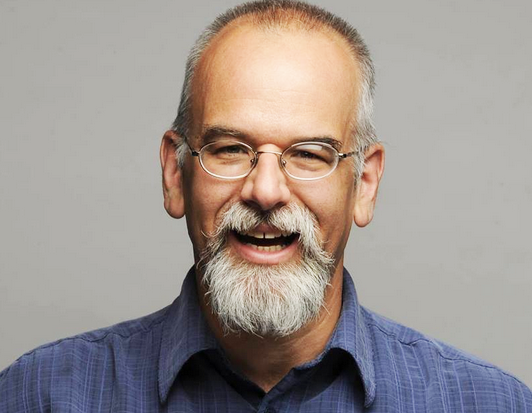It's official: I'm leaving Post-Gazette 9/5 to be communications director for #Catholic @diopitt Thanks for a great 33 yrs in journalism
— Ann Rodgers (@pgfaith) August 29, 2013
Please forgive the exclamation points in the title.
But enough already.
On the heels of Bob Smietana leaving The Tennessean, the impending departure of a religion-writing superstar rocked the Godbeat this week.
Ann Rodgers, president of the Religion Newswriters Association, announced that she’s leaving the Pittsburgh Post-Gazette after two decades.
In a public posting on her Facebook page, Rodgers wrote:
I will be leaving the Post-Gazette on Sept. 5 to become communications director for the Catholic Diocese of Pittsburgh. I haven’t swum the Tiber, but they told me that 33 years of wading in it have saturated me enough to do this job. I am deeply grateful to the Post-Gazette for 20 years of unparalleled support for the religion beat and for me personally. I have the best team of editors anywhere in journalism. But I have covered the beat for 33 years, 25 of them in Pittsburgh, and it’s time for a new challenge. I look forward to a job where I can express my Christian faith, while serving a church that does incredible good in Western Pennsylvania and worldwide. My best to all of you. Stay in touch.
Folks, this is sad news for the religion beat.
Here at GetReligion, we have not critiqued Rodgers’ stories as much as those of some other writers because, quite frankly, there’s only so many different ways to say, “Another fantastic story!”
The Diocese of Pittsburgh reported on Rodgers’ appointment, noting that she is a member of an Anglican church — a fact that didn’t please everyone.
In a 2010 interview with Rodgers, former GetReligionista Sarah Pulliam Bailey dubbed her “Pittsburgh’s queen of religion news.”
Over at The Deacon’s Bench, Deacon Greg Kandra — reflecting on news of Rodgers’ new position — noted:
She’s one of the best on the beat — and, really, part of a dying breed: a reporter who “gets” religion and has made it her business to understand it from every angle. At a time when the coverage of religion is often sorely wanting, and most writers don’t have a clue what they’re talking about — whether it’s Catholicism or Islam or evangelical Protestantism — Ann Rodgers was in a class by herself.
Rodgers reports that the Post-Gazette is looking to replace her. That will be difficult to do, obviously, but it’s wonderful news — in this age of newsroom cutbacks — that the Pittsburgh newspaper remains committed to religion news.














